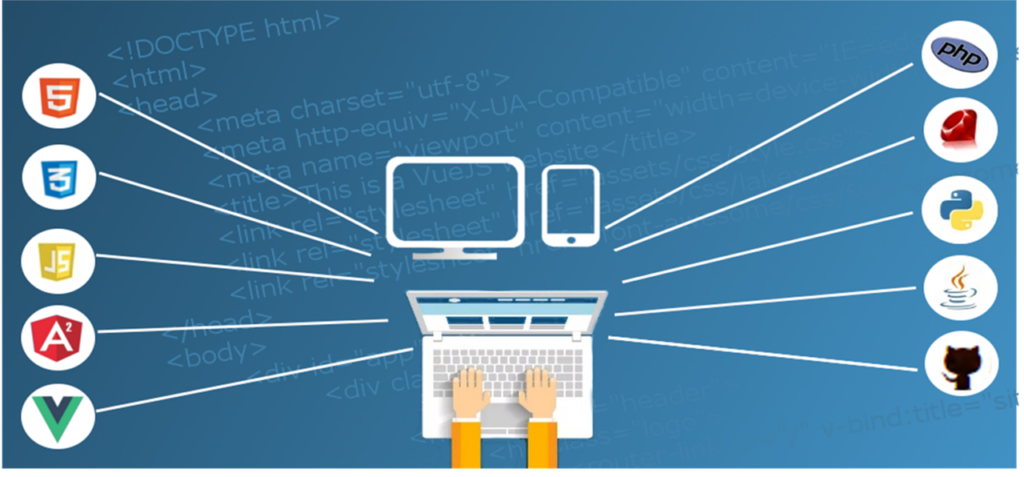Fintech are technology firms which focus on delivering financial products using technology such as blockchain, Artificial intelligence, Computer vision. Firms largely focus on enhancing the customer experience using technology to enable core finance firms to serve the costumes better
Scope of Fintechs in India
India is one of the fastest growing markets for Fintechs and expected to grow approx 150 Billion by 2025.Below are the prime five categories of fintech’s present in India.
Digital lending
Payments Techs
Insurance Tech
Personal wealth
Digital Currency
Highest paying jobs in Fintech :
Data Scientist

Play a crucial role in assisting fintech companies in making informed decisions through the collection, processing, and interpretation of vast datasets. Utilizing tools like SQL, Python, R, and Tableau, they analyze data and extract valuable insights, requiring strong analytical skills, statistical knowledge, and business acumen.
Blockchain Developers

Responsible for designing and managing distributed ledger systems that facilitate secure and transparent transactions. They utilize programming languages like Solidity, Java, C++, etc., to develop smart contracts, decentralized applications, and protocols. A profound knowledge of cryptography, consensus algorithms, and distributed systems is essential for blockchain developers.
Product Managers

Hold the key responsibility of shaping the vision, strategy, and roadmap for fintech products and services. Collaborating with customers, stakeholders, engineers, designers, and marketers, they ensure the delivery of user-centric solutions. Strong communication skills, customer empathy, and technical acumen are crucial for successful product managers in the fintech industry.
Cybersecurity Specialists

Play a vital role in safeguarding fintech systems and data from cyberattacks and breaches. Employing tools like firewalls, encryption, and authentication, they actively monitor, detect, and thwart cyber threats. A strong foundation in computer science, network security, and ethical hacking is essential for cybersecurity specialists in the fintech domain.
App Developer

Mobile app development (iOS/Android), knowledge of financial systems, and proficiency in integrating secure payment gateways and financial APIs to create innovative applications.
Financial Analyst

Expertise in financial modeling, data analysis, and market research to assess and interpret financial data, identify trends, and make data-driven recommendations for companies and their products/services.
Compliance Specialist

Comprehensive understanding of financial regulations, risk management, and audit processes to ensure products and services adhere to legal and regulatory requirements, maintaining compliance and mitigating potential risks for the company and its customers.
Software Engineer

Programming languages like Java, Python, or JavaScript, along with knowledge of software development methodologies, to design, build, and maintain innovative applications and platforms.
UX Designer

User behavior and financial workflows to create intuitive, user-friendly interfaces that optimize the customer experience and increase user adoption in applications and platforms.
Risk Manager

Financial risk assessment, regulatory compliance, and data analysis to identify and mitigate potential risks associated with fintech products and services, ensuring the security and stability of financial operations.
Content Writer

Content writers create engaging and informative content for fintech platforms and audiences. They write blogs, articles, newsletters, social media posts, whitepapers, etc. to educate, inform, and persuade the readers. Content writers need to have excellent writing skills, research skills, and SEO knowledge.
To embark on a career in fintech, a blend of relevant education, skills, and experience is essential. Follow these steps to prepare for the fintech industry:
Obtain a degree in finance or technology: Pursue a degree in finance or technology, as fintech companies value computer science degrees for technical roles and management or finance degrees for non-technical positions. You can also explore specialized online courses or certifications in fintech topics like blockchain, digital banking, and cryptocurrency.
Master in-demand skills: Focus on mastering sought-after skills such as programming, artificial intelligence, data analysis, cybersecurity, product management, customer success, and business analysis through online courses, workshops, or self-study.
Stay updated with fintech trends: Keep abreast of the latest developments and innovations in fintech by reading blogs, articles, newsletters, and listening to podcasts covering the sector’s challenges and opportunities, including regulatory and legal aspects.
Network with fintech professionals: Network with fintech experts, connect with people in the industry through events, webinars, meetups, and hackathons to learn from their experiences and gain potential job opportunities or collaborations.
Seek internships or full-time roles: Apply for internships or full-time positions in the fintech space to gain practical experience and exposure to real-world fintech challenges, ultimately establishing yourself as a fintech professional.
Utilizing these steps, you can prepare yourself for a successful career in the dynamic and evolving fintech industry. Goodluck!!
